Much of economic and financial theory has been based on the notion that individuals act in rational ways. Yet, the impedance of our natural tendencies can sometimes get in the way. Why do some investors fall into the trap of buying high or selling low? Why do many of us procrastinate when it comes to saving for retirement, despite knowing its importance? It turns out that our brains are hardwired to sometimes make decisions that aren’t always in our longer-term best interests.
After the October 1987 stock market crash, a day in which equity markets fell 20 percent despite there being no rational economic explanation, economists started to critically rethink their views about the fundamentals of economics. As a result, the field of behavioural economics was born, which linked psychology with economics to show that human behaviour and cognitive bias can have significant effects on economic decision making.
When it comes to investing, human emotion can also drive behavioural biases and cause us to make decisions that may not be in our best investing interests. Focusing too much attention on our portfolios may be one way to trigger these cognitive biases. Quite worryingly, a recent Reuters report suggested that investors using a U.S. discount brokerage platform were checking portfolios at an alarming rate of seven times per day.1
One risk is that frequent checking increases the probability of seeing a loss. By checking the S&P/TSX Composite Index on a daily basis, instead of annually, the likelihood of seeing negative performance grows from 28 percent to 48 percent.2 A “loss aversion” bias suggests we feel the pain of a loss about twice as much as the pleasure of a similar-sized gain. As such, we may make investing decisions to try and avoid the pain of a relative or absolute loss. Yet, even seeing positive performance may cause us to want to take action. In bull market times, we may be tempted to sell a well-performing stock too early. The challenge then becomes finding the right time to re-enter the market.
It’s not just our biases that can impact investing decision making. Daniel Kahneman, Nobel-prize-winning father of behavioural finance, suggests that the “noise” around us can also be influential.3 More recently, there has been no shortage of noise.
One of the themes continuing to dominate financial circles is inflation. There has been significant, unwanted variability in opinion — or noise — on the path forward. Last year’s debate was focused on whether inflation would be transitory or more endemic. Bond yields usually rise with increasing inflation expectations, as inflation erodes the purchasing power of a bond’s future cash flows, so investors demand a higher yield to compensate for this risk. However, this relationship appears broken today, especially with inflation rates at their current levels. A flattening yield curve has also suggested that perhaps fixed income markets do not appear to believe that inflation will be as big of a longer-term problem as the media has been conveying.4
This is to suggest that predicting the near-term course of markets and economies is often difficult. Adding to the current challenge? We’ve never experienced a situation of this magnitude: the unprecedented actions taken to combat the Covid-19 pandemic have helped to distort market and economic cycles.
As you look forward, don’t overlook the influence that human behaviour – and noise – can have on our investing ways. As advisors, we are here to help cut through the noise and manage the day-to-day aspects of your portfolio, to allow you to focus your attention on the many other important things in life.
- www.reuters.com/breakingviews/chancellor-robinhood-is-more-sheriff-than-rebel-2021-07-15/;
- S&P/TSX Composite Index 1985 to 2020;
- Kahneman, Sibony, Sunstein, Noise: A Flaw in Human Judgment, Harper Collins, 2021;
- In late 2021, while inflation data continued to be strong.
Disclaimers
Forward-looking statements are based on current expectations, estimates, forecasts and projections based on beliefs and assumptions made by author. These statements involve risks and uncertainties and are not guarantees of future performance or results and no assurance can be given that these estimates and expectations will prove to have been correct, and actual outcomes and results may differ materially from what is expressed, implied or projected in such forward-looking statements.
The opinions expressed in this report are the opinions of the author and readers should not assume they reflect the opinions or recommendations of Echelon Wealth Partners Inc. or its affiliates. Assumptions, opinions and estimates constitute the author’s judgment as of the date of this material and are subject to change without notice. We do not warrant the completeness or accuracy of this material, and it should not be relied upon as such. Before acting on any recommendation, you should consider whether it is suitable for your particular circumstances and, if necessary, seek professional advice. Past performance is not indicative of future results. These estimates and expectations involve risks and uncertainties and are not guarantees of future performance or results and no assurance can be given that these estimates and expectations will prove to have been correct, and actual outcomes and results may differ materially from what is expressed, implied or projected in such forward-looking statements. Echelon Wealth Partners Inc. is a member of the Investment Industry Regulatory Organization of Canada and the Canadian Investor Protection Fund.
Please note that only Ventum Financial is a member of CIPF and regulated by IIROC; Chevron Wealth Preservation Inc. is not. ** Insurance products and services are offered by life insurance licensed advisors through Ventum Insurance Services a wholly owned subsidiary of Ventum Financial Corp.




